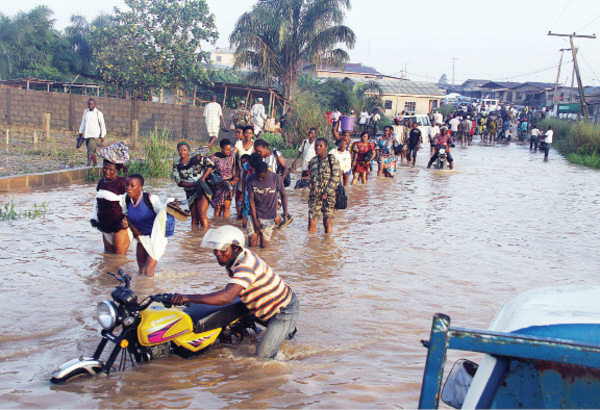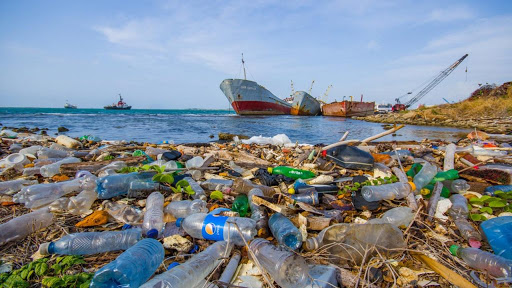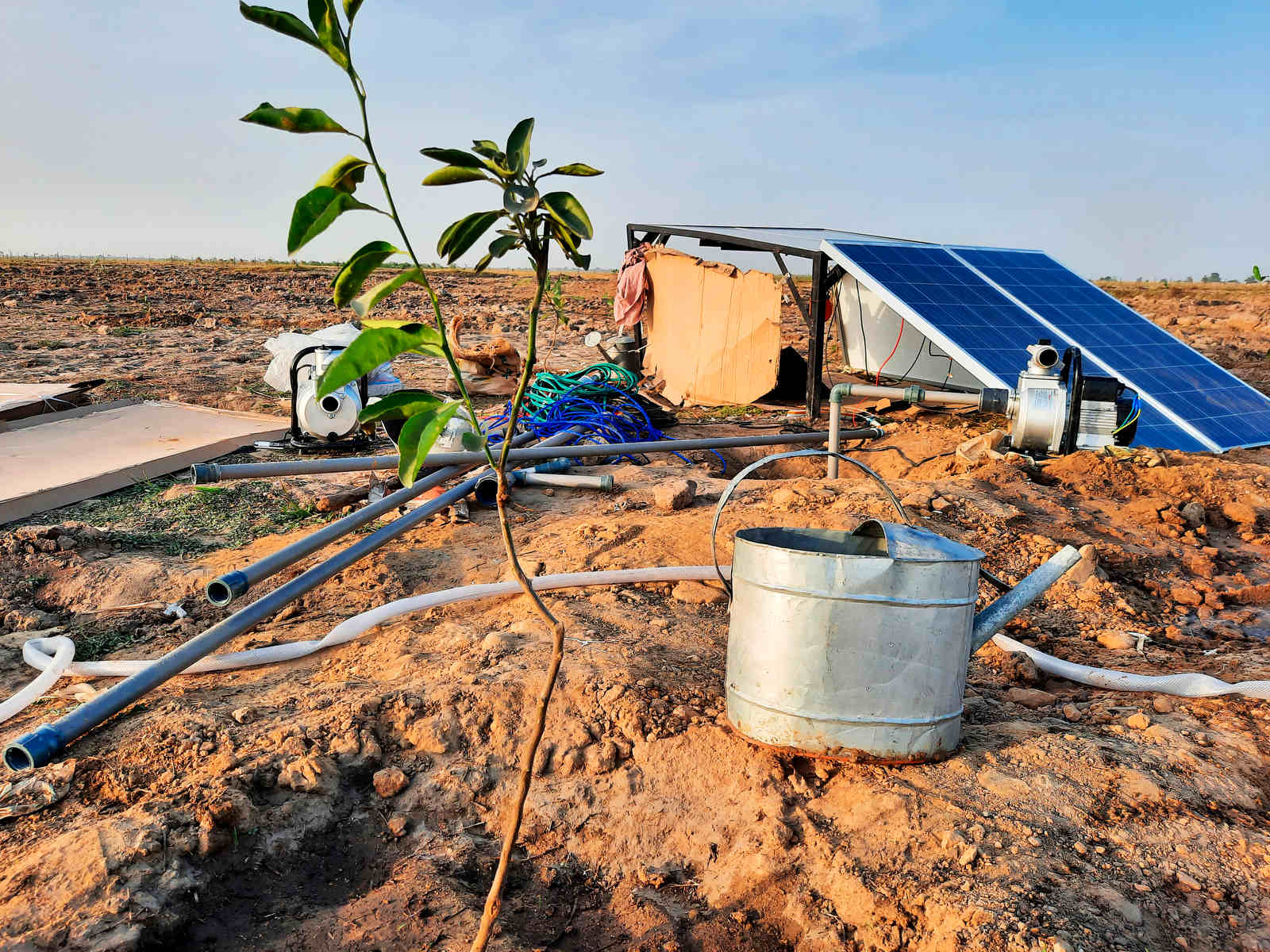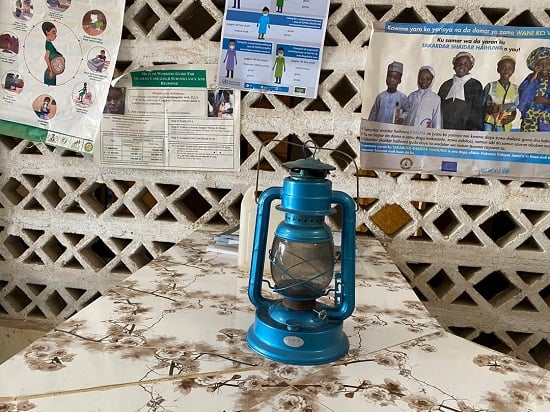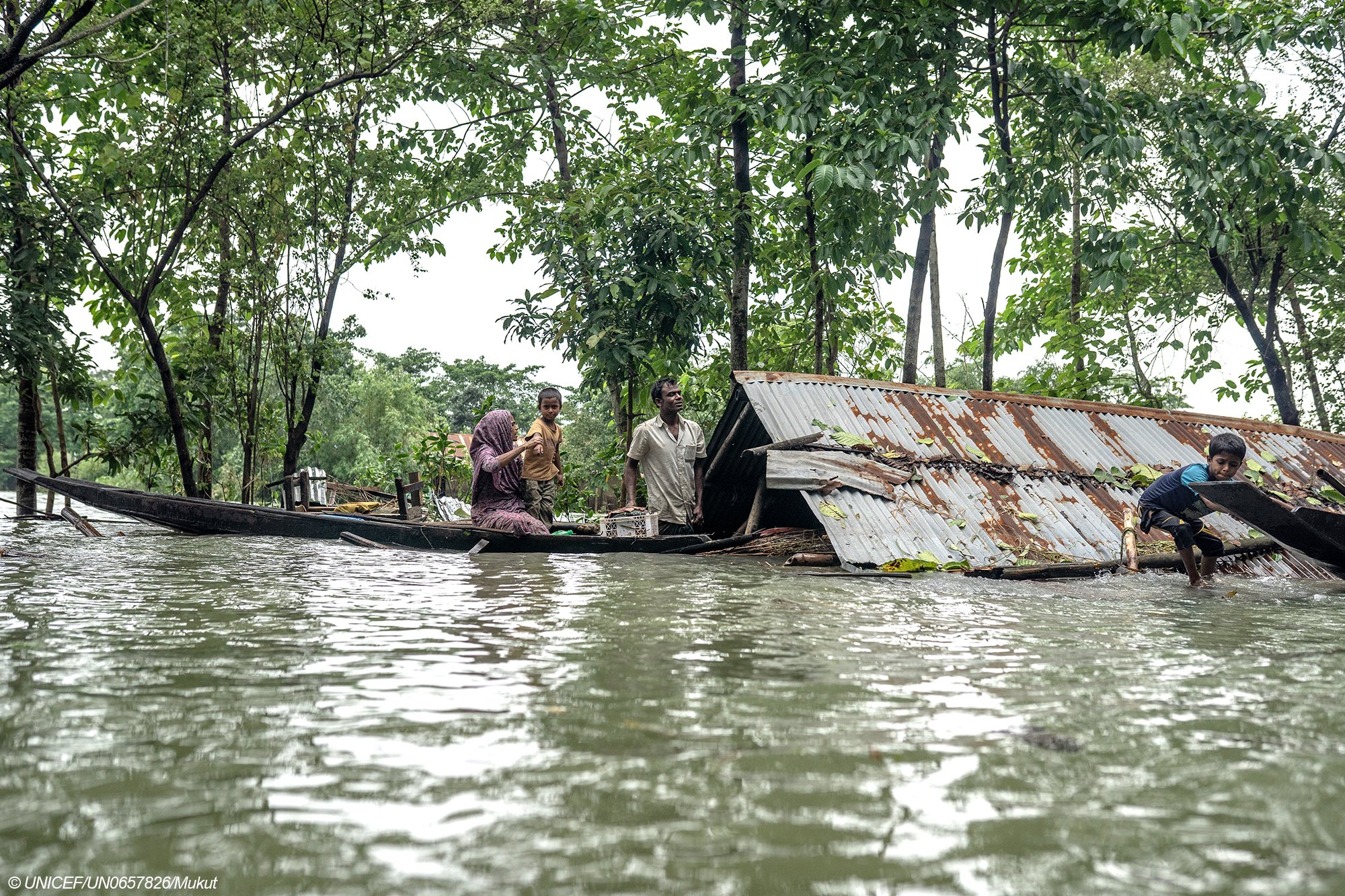Climate change has exacerbated flash floods across Nigeria
Climate change is posing threats to mental health and wellbeing, according to the World Health Organisation (WHO).
The policy brief of the WHO was launched on Friday in Sweden.
The WHO said the findings align with the recent report by the Intergovernmental Panel on Climate Change (IPCC), which revealed that increasing climate change affects psychosocial well-being, leading to emotional distress, anxiety, depression, grief, and suicidal behaviour.
The WHO said it is working towards increasing mental health support and helping countries protect vulnerable groups.
Advertisement
Maria Neira, WHO director, department of environment, climate change and health, said: “The impacts of climate change are increasingly part of our daily lives, and there is very little dedicated mental health support available for people and communities dealing with climate-related hazards and long-term risk.”
Dévora Kestel, WHO director, department of mental health and substance abuse, said: “The impact of climate change is compounding the already extremely challenging situation for mental health and mental health services globally.
“There are nearly 1 billion people living with mental health conditions, yet in low- and middle-income countries, three out of four do not have access to needed services.
Advertisement
“By ramping up mental health and psychosocial support within disaster risk reduction and climate action, countries can do more to help protect those most at risk.”
Diarmid Campbell-Lendrum, WHO climate lead, and an IPCC lead author, said: “WHO’s member states have made it very clear mental health is a priority for them. We are working closely with countries to protect people’s physical and mental health from climate threats.”
The WHO policy brief recommends five approaches for governments to address the mental health impacts of climate change.
They include: “Integrate climate considerations with mental health programs; Integrate mental health support with climate action; Build upon global commitments; Develop community-based approaches to reduce vulnerabilities and Close the large funding gap that exists for mental health and psychosocial support.”
Advertisement
Add a comment
